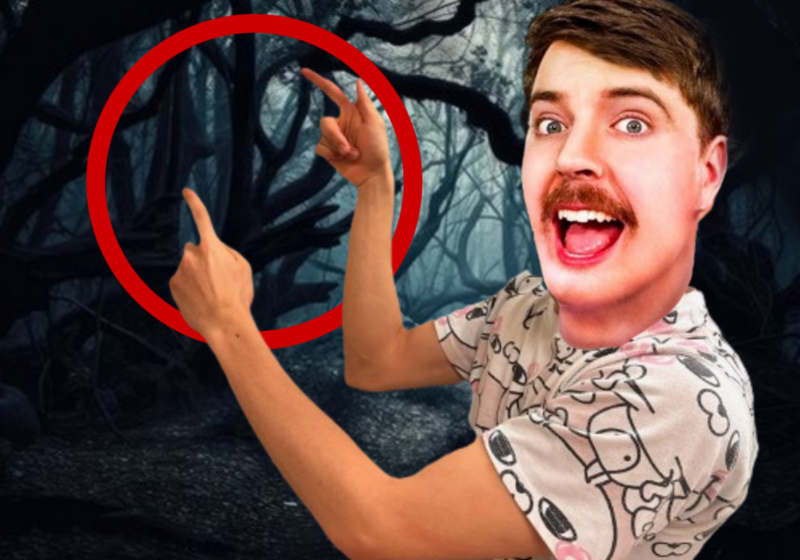Assistant Adjunct Professor of Biology Bob Minckley always knew that he wanted to do something with biology that would allow him to be outside, but never imagined that a man he met on a bike ride would bring him into the world of bees.
What brought you into the field of bees?
It all started from meeting a guy on a bike ride who said “You should come over and look at these bees in my yard.” And they were these giant, black bees that nested in wood. And I went over there for a few weeks and started checking them out and actually decided I was going to get my master’s degree on them.
Where did your studies go?
I just started learning about bees a little bit and then it turns out that [Charles Michener], who is like the god of bees, was still alive and I wrote him a letter. I thought he was 90 years old because he had been publishing so long. He replies and goes, “You should apply up here and go to school.” I just went, man, to work with somebody like that in your area of interest is too much to refuse.
Talk about the ranch in Arizona/Mexico where you study desert bees.
We have 400 square miles to drive around in and chase bees. It’s gigantic. Just being on the road is equal to off-roading down there. Sometimes we have to get the bulldozer to fix the road so we can get to our study site. They have Mexican cowboys that are on the ranch year-round but when I want to go down to work they give us a house.
How do you get along with the bees?
The ones I work on are all those ones that even if they try to sting you the stinger won’t go into your skin. So I get stung maybe once a year. I don’t mess around with these honey bees that will attack you in mass. I have 90,000 specimens in my lab and I hardly ever get stung. Social bees are the ones that sting. Solitary bees, like the ones in the desert, don’t get aggressive because they don’t have much to protect.
What would be your ideal class?
The best thing about biology is going outside and seeing things and actually learning how to identify a problem and to identify a problem you need to know how organisms live and you need to understand them where they are.
It’s really how you appreciate nature, just standing outside. You don’t see it on the Discovery Channel. You’ve got to be out there to see it and that’s where I think all the action is. That’s what’s really missing in biology these days, getting outside.
It would be great to have an outdoor course or maybe a course that is half reading studies and then go out for two weeks and get outside and maybe see some of the things you read about and try to do some projects. That would be awesome.
Fleming is a member of the class of 2010.





